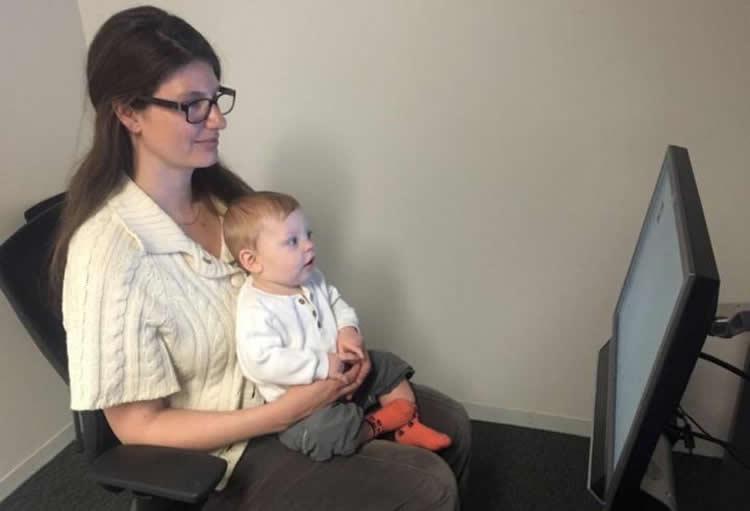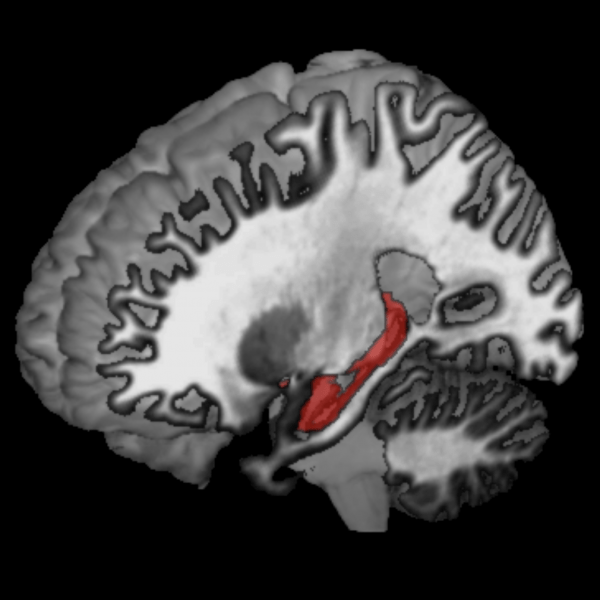Researchers report on why some people experience more intense emotions while listening to music.
Read MoreCategory: Brain
Babies Can Use Context to Look For Things
At 6 months of age, babies are capable of memory guided attention, a new study reveals. Young infants are able to learn and remember contextual visual cues to find objects of interest, researchers report. The findings shed new light on both typical and atypical brain development.
Read MoreChanges in Brain Regions May Explain Why Some Prefer Certainty and Order
Why do some people prefer stable, predictable lives while others prefer frequent changes? Why do some people make rational decisions and others, impulsive and reckless ones? UCLA behavioral neuroscientists have identified changes in two brain regions that may hold answers to these questions. The research — reported by Alicia Izquierdo, UCLA associate professor of psychology and a member of UCLA’s Brain Research Institute, and her psychology graduate student, Alexandra Stolyarova — is published today in the open-access online science journal eLife. The new experiments, which involved studying the orbitofrontal cortex and…
Read MoreWhat Are the Outcomes in Later Life For High School Football Players?
In a study of men who graduated from Wisconsin high schools in 1957, playing high school football was not adversely associated with cognitive impairment or depression later in life, according to an article published by JAMA Neurology. High school football is a popular sport but its safety has been questioned, in part by reports of chronic traumatic encephalopathy, increased risks of neurodegenerative disease, and associations between a history of concussions and cognitive impairment and depression later in life among retired professional football players. Limited work has been done to examine playing…
Read MoreHippocampus Underlies the Link Between Slowed Walking and Mental Decline
Summary: A new study reports a connection between slowed walking speed and cognitive decline appears to arise in the right hippocampus. Researchers recommend older people may benefit if their doctors measure their walking speed and check for changes over time, which could be an early indicator of impending cognitive decline. Source: University of Pittsburgh. The connection between slowed walking speed and declining mental acuity appears to arise in the right hippocampus, a finger-shaped region buried deep in the brain at ear-level, according to a 14-year study conducted by scientists at…
Read More




